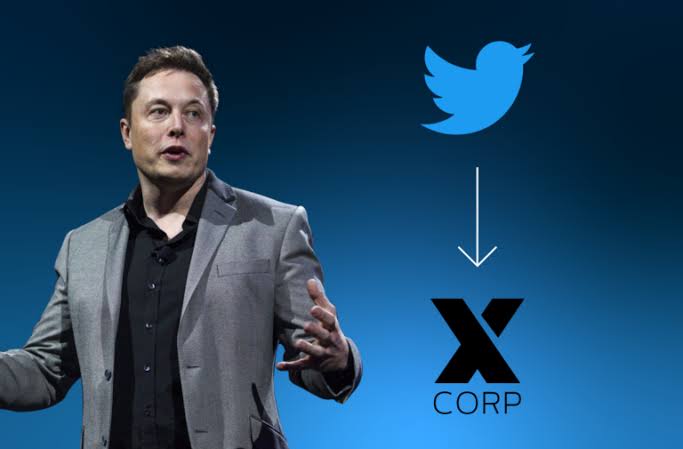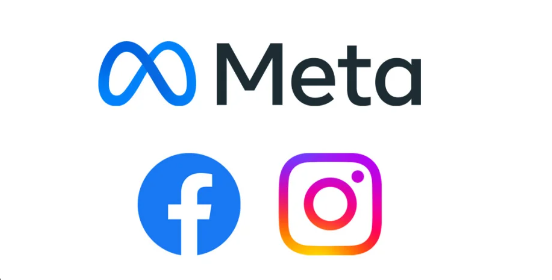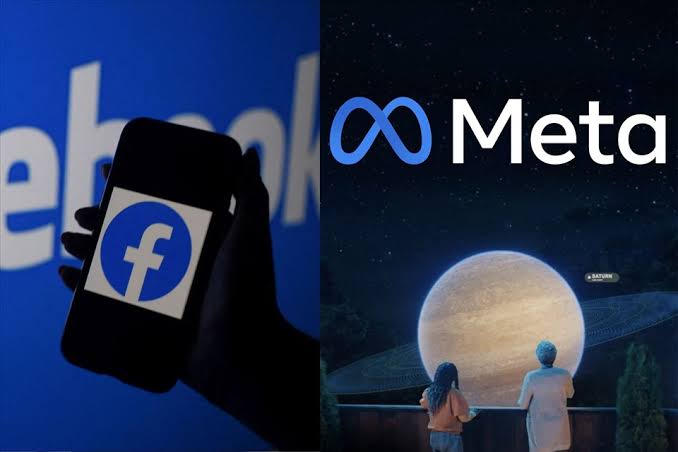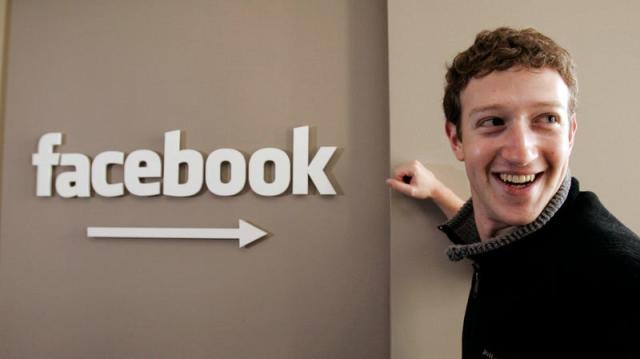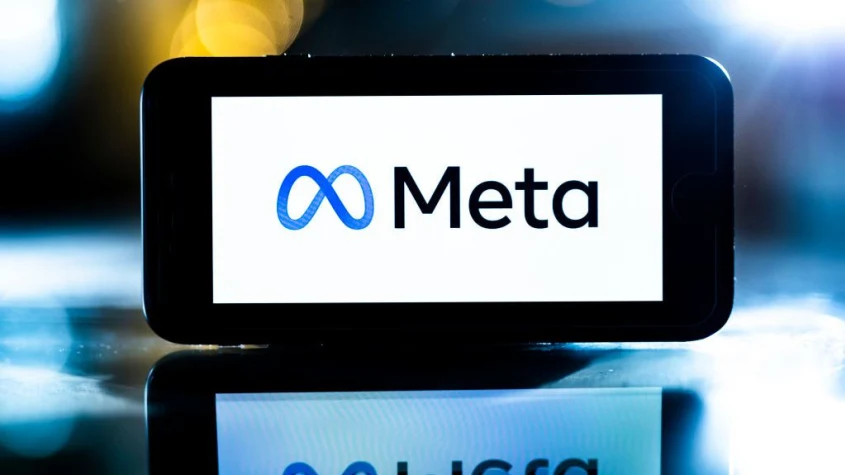Work has always changed and grown in tandem with new technologies and significant shifts in consumer purchasing habits.
Did you know that in Victorian Britain, factory workers were paid to tap on their windows to inspire them? They were known as “knocker-uppers” and were popular until alarm clocks rendered them obsolete.
You may have read in recent months that as artificial intelligence (AI) solutions like ChatGPT gain popularity, timely engineering will become a significant and vital professional skill.
Some experts believe that the field, which boils down to providing the best information possible to AI tools, is so important that it could become a career path in and of itself.
However, this is only one example of how work is changing. If you truly want to be prepared for the future, you should have a far broader perspective. And you could do a lot worse than keeping a close eye on the digital marketing sector on this front.
Read also: Google announces Google Security AI Workbench
An adaptable workspace sector
Digital marketing has always kept up with big changes in technology and society. From spot ads on websites to new products on social media and streaming platforms, each change has forced people in the industry to learn new skills so they can better serve their clients.
It’s not likely that will change soon, either. LinkedIn says that “Digital Marketing Specialist” is one of the top 10 most-wanted jobs, with more than 860,000 job openings. The fact that social media, content planning, SEO, and analytics are the most sought-after skills in digital marketing shows how broad the field has become
Even those areas of expertise change. Before 2016, when Facebook and Twitter were well established, no one knew how to market on TikTok.
Today, the platform has more than a billion users and is an increasingly important part of any organization’s digital marketing strategy. As a result, people in digital marketing have had to build up the skills necessary to market on the platform.
Social media sites’ new products are the same. Snapchat, Instagram, Twitter, and Spotify appear different. It’s also vital to realize that TikTok’s performance is unrelated to Twitter’s. Few people know a lot about all platforms. To succeed in digital marketing, you must constantly learn and adapt.
These traits are also necessary in a fast-changing workplace.
Acquiring the right skills
How should you go about getting the skills you need to be successful in digital marketing and other similar fields?
Without a doubt, getting a formal certification can be very helpful, especially in the beginning stages of a pursuit.
Self-exploration is crucial after those basics. Be curious. Learning requires desire. It’s mandatory. By certification on all systems (typically free). Learn Google Adwords, Instagram marketing, and as many additional products as possible.
It won’t take long to get there. Some people can get there in as little as six months. Practice more. Market yourself to find a client. In a fast-changing environment, results matter more than experience.
Digital marketing has always had this. In general, work is growing more like that. If you want to be ready for the future, look to an industry that has adapted well to epoch-shifting developments.

